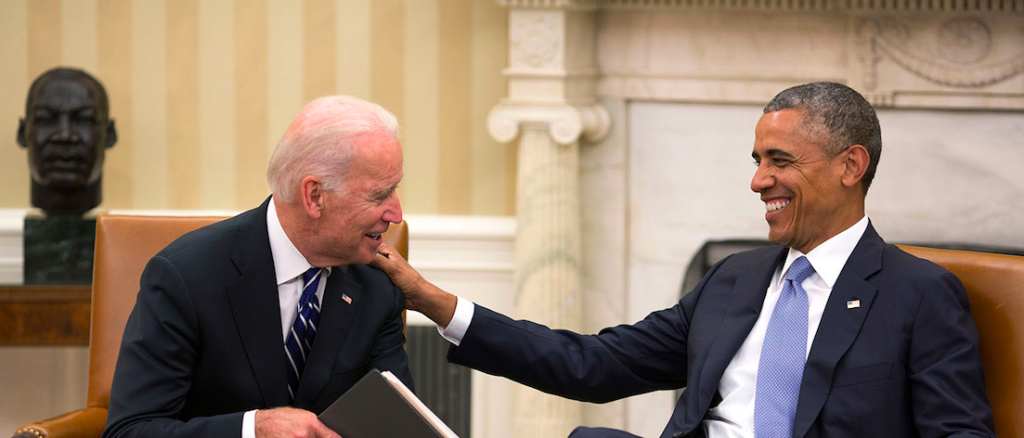Four 'tricks' to be more authentic on stage
11 min. reading timeLast Friday, I got to spend twenty minutes testing new stand-up comedy material in Amersfoort. During this open mic night, I was able to share fresh thoughts and hone a relatively new set. These are always wonderful and at the same time terrifying moments for comedians. You step into a black hole and never know how your performance will develop. Even if you have performed a set or topic before, a performance is never the same. After all, as a person you are in a different state of being than during your last performance and your audience is also different.
On Wednesday, October 14, during the last night that the pubs were still allowed to be open, I performed in Utrecht. It was a great night. The audience was in the mood and I was able to claim the stage on my own. The tension was gone immediately, the ice was broken and the audience was on board from the start. We were in a flow of give and take, of action and reaction.
In Amersfoort, things went differently. Not bad, but not good either. A real fusion with the audience never materialized. How could that be? Why didn't I manage to be in the moment and stand there authentically? Now, telling a story in front of colleagues or during a conference is really different to being a comedian on stage. But still.... as an experienced storytelling coach I should have been able to put my experience and theoretical knowledge into practice. How can you be yourself on stage? How can you be authentic? I took a step back, looked at the experience and started thinking of ways that I could improve in order to enhance my presence and authenticity on stage, the next time I was on it.
The 'exercise-in-authenticity' paradox
I remembered an article by Nick Morgan, a well-known and celebrated storytelling coach who has several books and publications to his credit. In "How to Become an Authentic Speaker," Morgan formulated four points on how to avoid coming across as inauthentic and instead increase the likelihood that you will be authentic on stage. Be warned: These are starting points, putting them into practice is the real challenge. You can practice to increase the likelihood of being authentic, though that may seem paradoxical.
To do that, you must have the courage to follow four basic impulses. Namely, you must have the intention to be open (1) to connect with your audience (2), to be passionate (3) and to listen to your audience (4).
If you can do that, your body language will automatically "follow”. So with these intentions you go on stage. This is an art that even experienced comedians often struggle with. Not surprisingly, because try telling "the same" story 200 times.
I can imagine you're wondering now if it's better not to prepare if you want to be authentic? The answer is: No. If you are not comfortable with your story, you increase the chances of coming across as uncoordinated and uncertain on stage. That does not benefit your credibility and or your impact.
This is how you recognize a non-authentic speaker, but you actually already knew that....
But first: Why do some leaders come across as inauthentic during presentations? The answer lies in the way our brains process information and communication. If verbal and nonverbal communication isn’t aligned, as a speaker you lose your authenticity and your message, its power. For example, if you have over-exercised your gesticulation - using hand gestures - your audience will notice. In fact, research shows that this causes your gesture to follow just after the word you are portraying, whereas with real use of your hands, your gestures go out just before the associated word.
"You might say that words are after-the-fact explanations of why we just gestured as we did" writes Morgan. This is why, as a coach, you will never hear me give directions like "when you say the word great, put your hands up..." Because I don't believe that will win the hearts of your audience. It's all too focused on the outside and that makes you artificial. If you dare to follow your impulses and are comfortable on stage, your hands will naturally follow your words. Simply put: Gestures precede your conscious thoughts and your thoughts precede your words.
"You might say that words are after-the-fact explanations of why we just gestured as we did." - Nick Morgan
The authentic encounter
When speaking, the trick is to be curious about the encounter between you and your story.
The trick is when you speak to be genuinely curious again about the encounter between you and your story. Sounds philosophical and quasi-interesting… and it is. After all, there is no such thing as an objective story. Perhaps when writing out sentences word for word on paper, but not on stage. There you have to let the story emerge in the moment.
1: Have the intention to be open with your audience
You probably know that feeling when someone is on stage, but you don’t feel any connection. Conversely, you've probably experienced it too. You are presenting, but you don’t really have your audience’s attention. There’s still a wall in front of you, a defense mechanism.
When rehearsing your story, try imagining yourself telling your story to a good friend that you feel completely relaxed with. Try hooking onto that feeling and telling your story from that relaxed state. What happens when you see an interviewer not as a potential enemy, but as a curious friend with whom you are sitting in the pub? Answer from that state. Be careful not to speak at the same bar-volume level. You’ll find that you’ll naturally respond in a more friendly and relaxed manner, and that your body language and facial expressions will also go along with that feeling.
2: Have the intention to connect with your audience
If you have children you know how complicated it can be to get their attention. And if not, I want to invite you to contact me right now to share your secrets. Anyway.... let's assume you are or have been in the same boat. Then you know you're pulling out all the stops to get them to listen. You walk up to your children, sometimes crouching down to at eye level, talking louder to reach them or softer to keep them engaged while reading The Gruffalo to them. What always helps is to turn off the television, then the chances of connection increase by 83%.... so do the same with your Powerpoint!
Summary: Take the willingness to reach your children into the big people's world. Really want to draw them to you because you feel inside that you have an important message to say that is really relevant to them.
3: Have the intention to be passionate about your message
It might sound obvious but these it’s seems to be the rule and not the exception that speakers have taken out all of their passion and emotion out of their story. If it makes sense rationally, it should be good, right? Whereas, of course, we know that passion is what really engages us an audience. What keeps us on the edge of our seats.
Because if really feel your message, so will your audience. If don’t know why the new privacy are important to you, you wither need to have someone else give the presentation or you need to dig deeper. What is at stake and what can you achieve if you are compliant in the near future?
So focus on why you are so eager to tell your story. And focus less on the exact words you want to say. The right words are worth nothing if they are carried by the wrong intention. Show yourself!
4: Have the intention to "listen" your audience.
When you shape and convey your story keep in mind how you think your audience will react. What their energy is before, during and after your story. If you can sense that, then you can connect to that. Just as you would when sitting in conversation with a good friend, you need to put your sensitive antennae to good use when you are on stage.
So don't practice a lot of nodding during preparations for an interview or a Q&A. Make sure that you are really listening to what your audience is saying and then respond accordingly. It’s more natural and it conveys that you care about what they are saying.

What is your authentic story?
Nick Morgan pushed me to the edge yet again. During my performance in Amersfoort I actually didn't feel enough of a need and lacked the passion to share myself with the audience. I didn't really want to put myself out there, I didn’t feel the urgency to pour my heart out, which in turn made me lack the intention to really connect with my audience.
In short: Take lessons of how to engage with your children into the adult world. Engage your audience in the same way to make them feel that your message is relevant to them.
I also invite you to embark on your own quest. Who are you and do you want to be on stage and in your work? What authentic story do you want to tell in life? The upcoming holidays give you time for reflection. So make it an outspoken and acquitted celebration!


